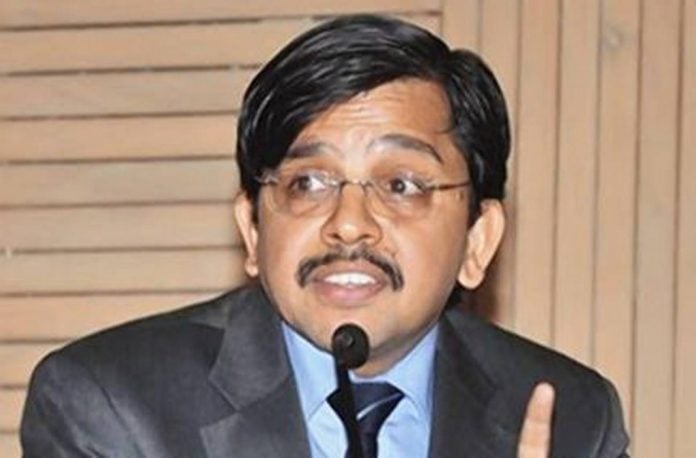In his farewell speech yesterday at the Delhi High Court, Justice Muralidhar made some pertinent observations on the judiciary and his personal experiences. Excerpts
“Over the years, I have realised that it is not enough for lawyers and judges to speak about constitutional values. It is essential to imbibe them. The constitutional values of equality, non-discrimination, dignity, prohibition of untouchability, inclusivity, and plurality have to be practiced continuously at both a personal and professional level. How the Bar, and the Bench, treat both lawyers and clients, and employees not just of the court but of the bar associations, shops and kiosks in the court complex of different languages, castes, classes, religious identities, genders, and sexual identities will be a measure of how democratic the court space is.
Arming oneself with law and being thoroughly professional in what one does in the court and outside earns the respect of our peers and the Bench. I find it useful as a judge if pleadings contain facts stated simply and clearly but without embellishments and adjectives. Deep reading of case law and statutes helps formulate propositions of law. When the lawyer first herself drafts and then argues the petition, the articulation is uncluttered. Orientation has a role to play. I owe my human rights and law and poverty orientation largely to the years of work with the Supreme Court Legal Services Committee. It was professionally satisfying.
Some random thoughts: The act of judging takes place in a space that is both mediative and meditative. The former is in acknowledgement of the primary function of judging: dispute resolution. The latter, i.e., the meditative space in constitutional court adjudication has, at least for me, two guiding principles. The Gandhian talisman of the weakest person and Ambedkar’s adoption of Grote’s constitutional morality. If in this meditative judicial space, I allow my judicial instinct to be so guided, the result, I believe, would answer the constitutional vision of justice. In this vision, Courts are not merely places where law is practised and produced. They are also spaces where the constitutional values are tested.
I don’t subscribe to the view that Judges perform a divine function. To me, jettisoning the prefix Lordship and even ‘Hon’ble’ is not a fetish. It is an acknowledgement of how mortal, temporal, and, if I may venture to add, fallible we are.
There is a distinction between neutrality and impartiality. They are not antithetical. Impartiality is non-compromisable for a judge. It is an essential attribute. On neutrality, the Constitution, in my view, requires the judge at all levels to be able to discern the weak from the strong litigant in terms of their capacities to access justice and lean on the side of the vulnerable in order to attempt to achieve equality of arms.
Judging is, without question, not an easy task. It involves a daily onslaught of negative emotions brought to the court by anxious, and often frustrated, litigants seeking justice. It is possible that many of the physical ailments of judges are on account of having to withstand the negative energies. Maintaining equanimity and calm through the day, case after case, is indeed a big challenge.
Judging can be enlightening. It demands that you delve deep into the minds and lives of people across a wide cross-section of society, sometimes very different from your own. It can also be deeply humbling.
Someone asked me not long ago, after nearly 14 years on the Bench, “things must be much clearer, in black and white?” I found I could not agree. The colour that the judge of many years best identifies with is grey. I am often asked, “Are judges under pressure?” My answer to that is: Not unless they acknowledge it.


